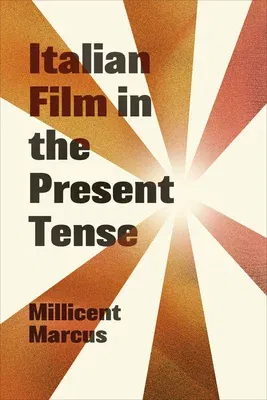Millicent Marcus
(Author)Italian Film in the Present TenseHardcover, 1 April 2023

Temporarily out of stock
Free Delivery
Cash on Delivery
15 Days
Free Returns
Secure Checkout

Part of Series
Toronto Italian Studies
Print Length
290 pages
Language
English
Publisher
University of Toronto Press
Date Published
1 Apr 2023
ISBN-10
1487546181
ISBN-13
9781487546182
Description
Product Details
Author:
Book Format:
Hardcover
Country of Origin:
CA
Date Published:
1 April 2023
Dimensions:
22.86 x
15.24 x
2.54 cm
Genre:
Italy
ISBN-10:
1487546181
ISBN-13:
9781487546182
Language:
English
Pages:
290
Publisher:
Series:
Weight:
9.07 gm